Simon Chen, chairman of ADATA, said in an interview with the media yesterday that the products involved in the trade war between Japan and South Korea may be extended to semiconductor production equipment, which will make the semiconductor supply chain difficult to balance in the short term. In addition, if the inventory in the market continues to decrease, it will make the memory price difficult to fall back in a short time. Therefore, Simon estimates that the price increase may last until November this year.
According to Simon's analysis, following Japan's export control of three key electronic materials to South Korea earlier this month, Japan's next export-restricted product may be semiconductor manufacturing equipment. At the same time, August 2 is a very noteworthy day, as Japan may remove South Korea from its trade whitelist on this day, which will make the semiconductor supply chain even worse.
On the other hand, Simon said that the impact of the Toshiba blackout incident on the market was more serious than expected. Toshiba’s recent production line failed to resume stable operation and has been digesting inventory, making NAND Flash increase more than expected, and cumulative growth has increased by 20 %; In terms of DRAM, after Samsung, Hynix and Micron respectively announced production cuts and delayed expansion, the current inventory has also declined, the spot price has risen by nearly 20%, and the contract price is expected to gradually increase.
Simon further pointed out that the current contract price has not changed, mainly because the contract price is changed once a month or quarter, July will be the end of the previous contract price, and will start to rebound in August, and the uptrend may continue until November.

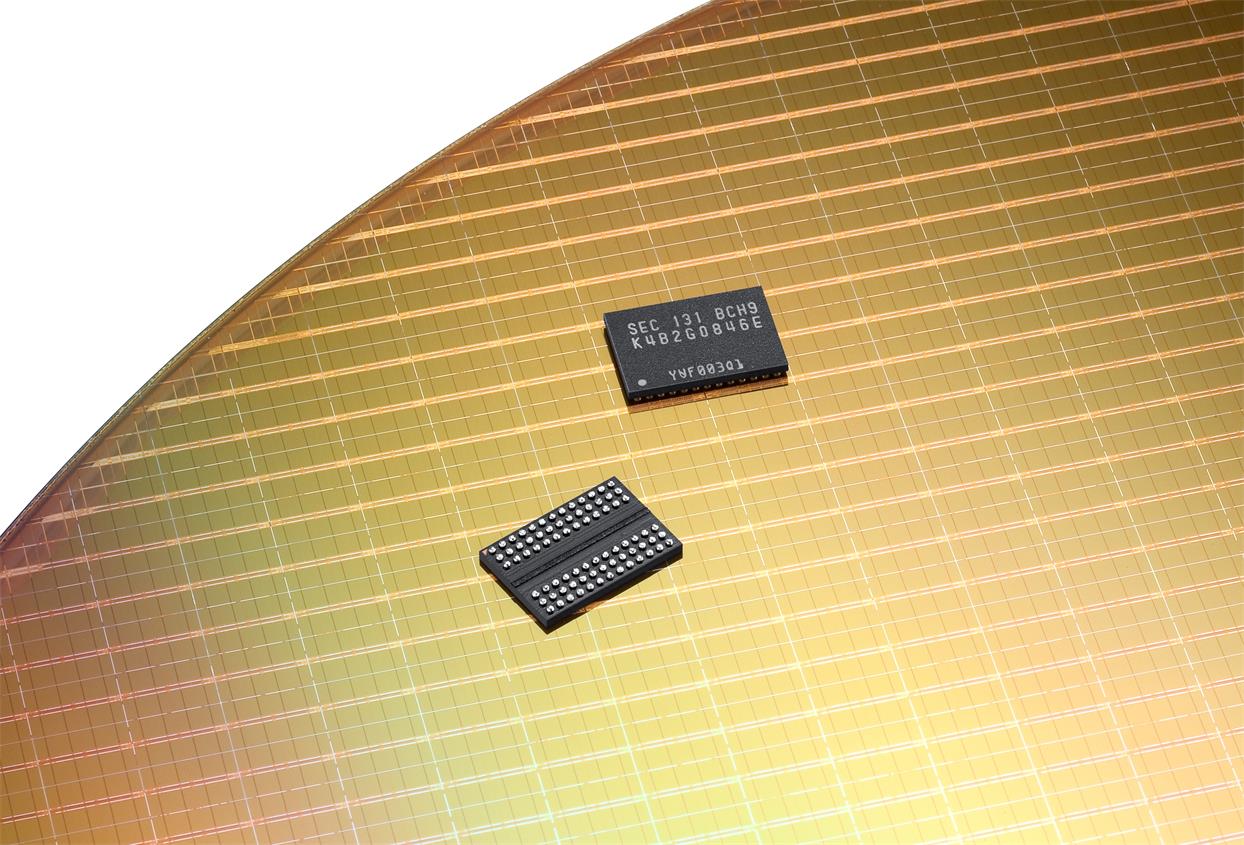






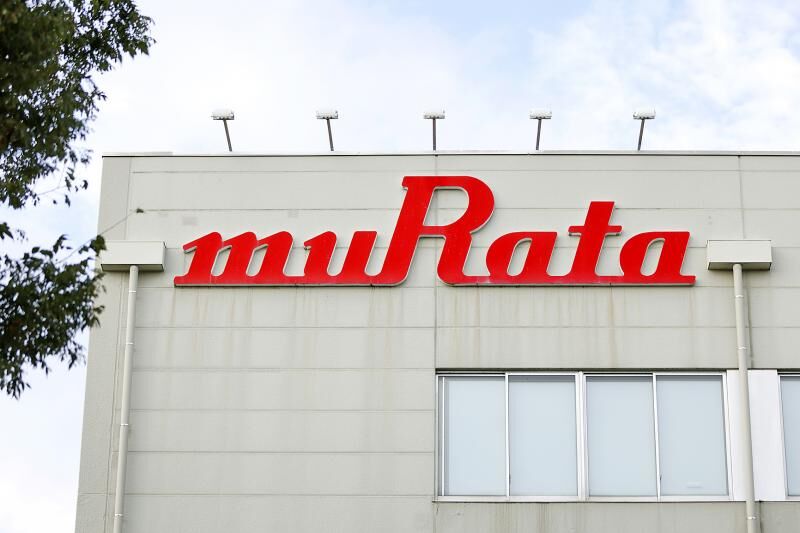
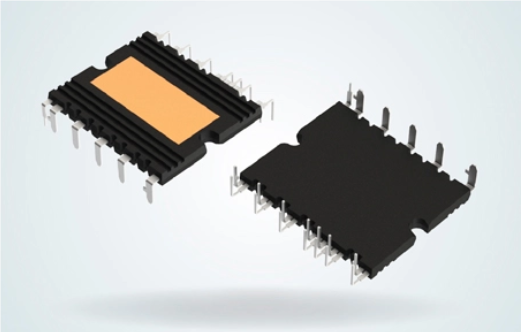
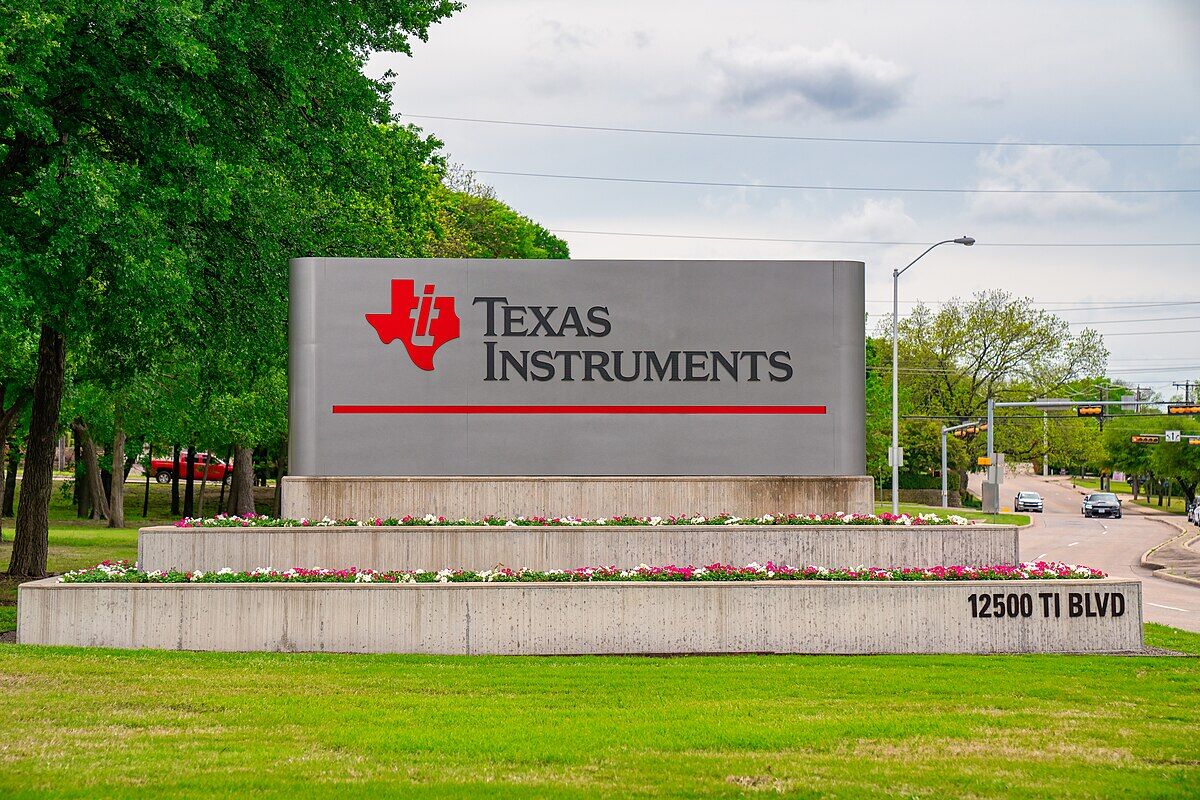
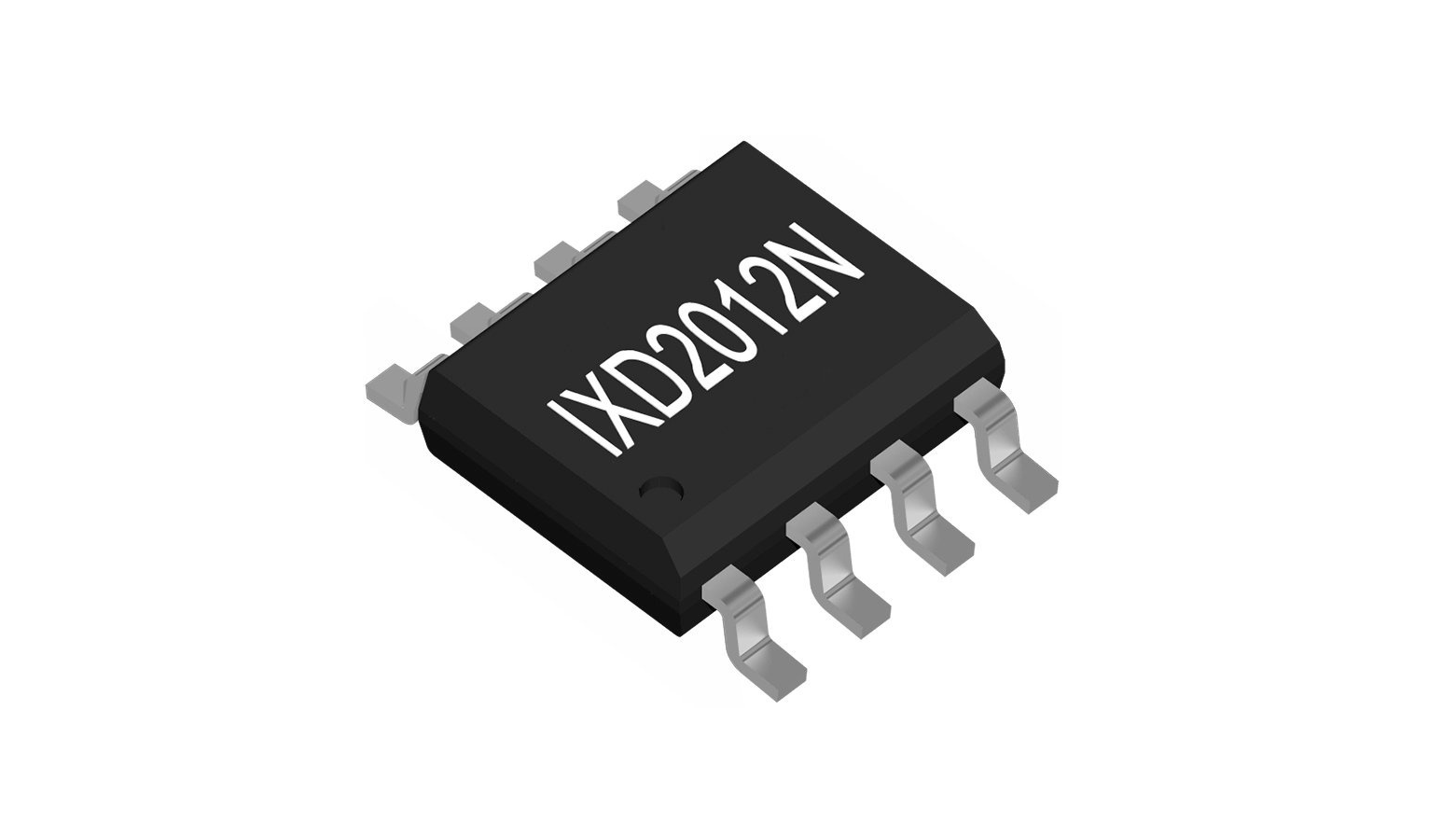
All Comments (0)